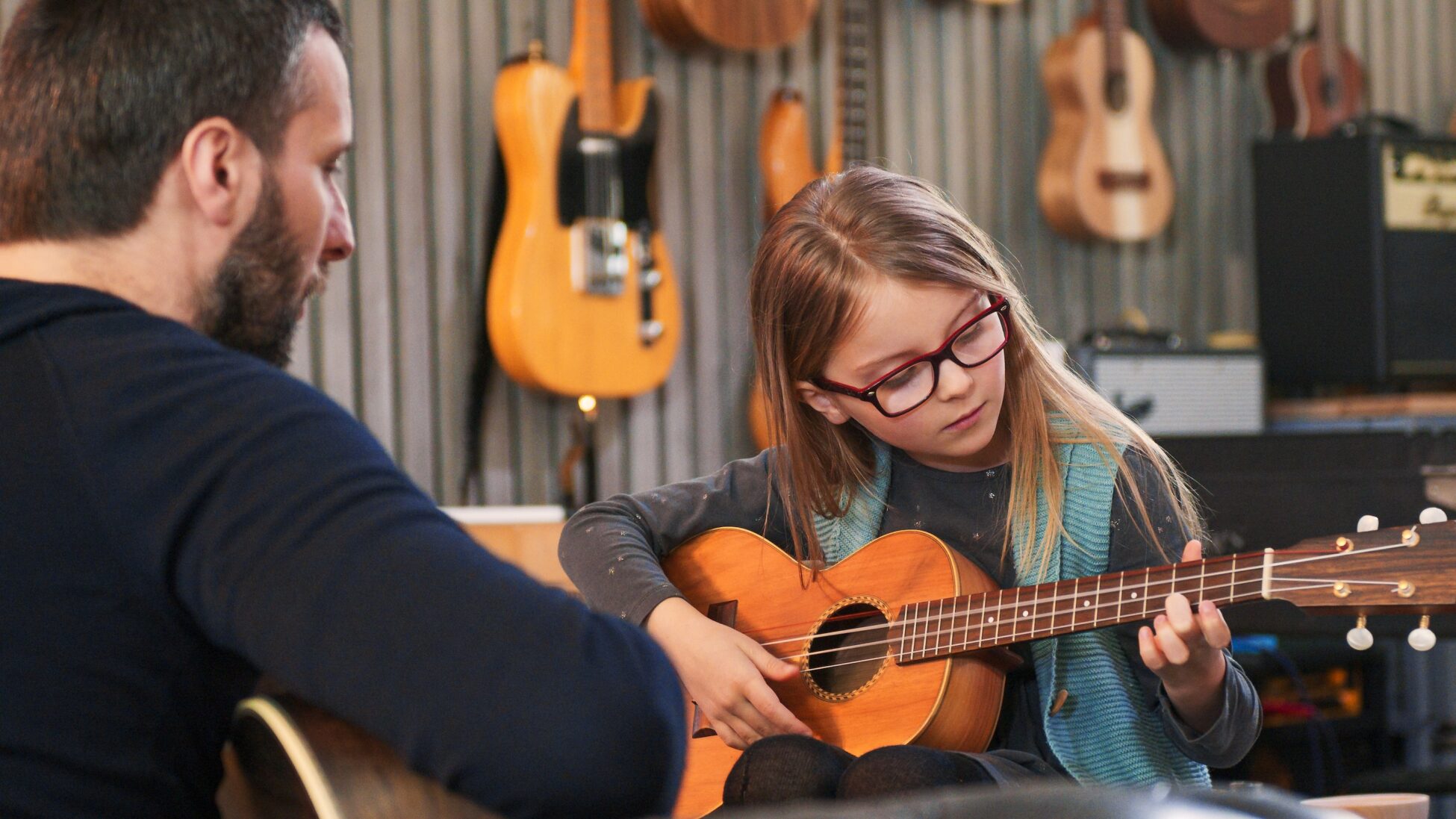
Kat Hunter
Membership ExpiredForum Replies Created
-
Lydia, I know the feeling.
-
It’s a hard one. My policy is 24 hours, and I expect myself to give students 24 hours notice as well (more because I’m afraid of looking like a hypocrite than anything). I was sick with a cold a lot of last week and just pushed on through and kept teaching haha. Still sick today actually and a full day of students tomorrow :S
-
Ok, so in terms of understanding what “tone deafness” actually is, this recording totally changed my life:
http://www.cbc.ca/radio/ideas/the-ballad-of-tin-ears-1.2633533?autoplay=trueSet aside an hour for it, it’s so worth it. It explains tone-deafness from a neurological perspective amongst other things and has heavily informed my process with helping these students.
cbc.ca
Many of us love to sing, but we're not all good at it. Some of us can't even carry a tune and are told not to sing. Tim Falconer dives into neuroscience, psychology -- and music itself -- to find … Continue reading
-
Kat Hunter
MemberDecember 6, 2024 at 7:25 am in reply to: Advertising and Marketing Tips (All Teachers)Anyone else have facebook business pages to share? Would love to see some more!

